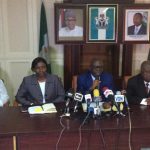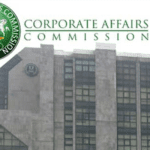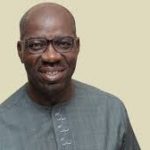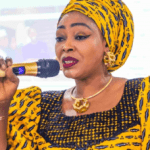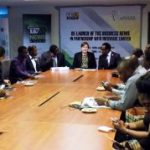President Bola Ahmed Tinubu took the stage as he gave Nigeria’s statement to world leaders at the ongoing 78th United Nations General Assembly (UNGA) in New York, United States.
It was his maiden speech at to the United Nations’ General Assembly.
The President, who spoke on the first day of the Assembly, signposted the readiness of Nigeria and other African nations to welcome genuine foreign partners.
The Nigerian leader was the 12th head of state to address the gathering. The first to speak was UNGA President /Permanent Representative to the United Nations, Dennis Francis; United Nations Secretary General Antonio Gutteres, Brazilian President Inacio Lula, and others. They all denounced the situation in which Africa had become a honey pot for some foreigners.
Demanding an end to the pillage of Africa’s resources by firms and people of stronger economic nations, the President said that it was imperative for the will of Africans to be respected.
The general debate, which opened at the UN headquarters provides an opportunity for Heads of State and Government to express their views on major international issues.
Tinubu, Chairman of Authorities of Heads of States of Economic Community of West African States (ECOWAS), spoke on behalf of Nigeria and Africa.
He addressed the event’s theme: “Rebuilding trust and reigniting global solidarity: Accelerating action on the 2030 Agenda and its Sustainable Development Goals towards peace, prosperity, progress and sustainability for all.”
The President expressed confidence that with fair international cooperation, African nations would make meaningful economic progress and achieve the 2030 agenda and Sustainable Development Goals (SDGs).
He also affirmed democratic governance “as the best guarantor of the sovereign will and well-being of the people. Military coups are wrong, as is any tilted civilian political arrangement that perpetuates injustice.
Pledging to create jobs and “belief in a better future” for Nigerians, Tinubu stressed that Nigeria must lead by example to fulfil its duty to Nigerians and other Africans.
He highlighted five “important points,” including a call for debt relief, investment in critical industries and access to African exports.
The president also condemned coups and bad governance in Africa and criticised foreign nationals and firms for looting Africa’s resources.



